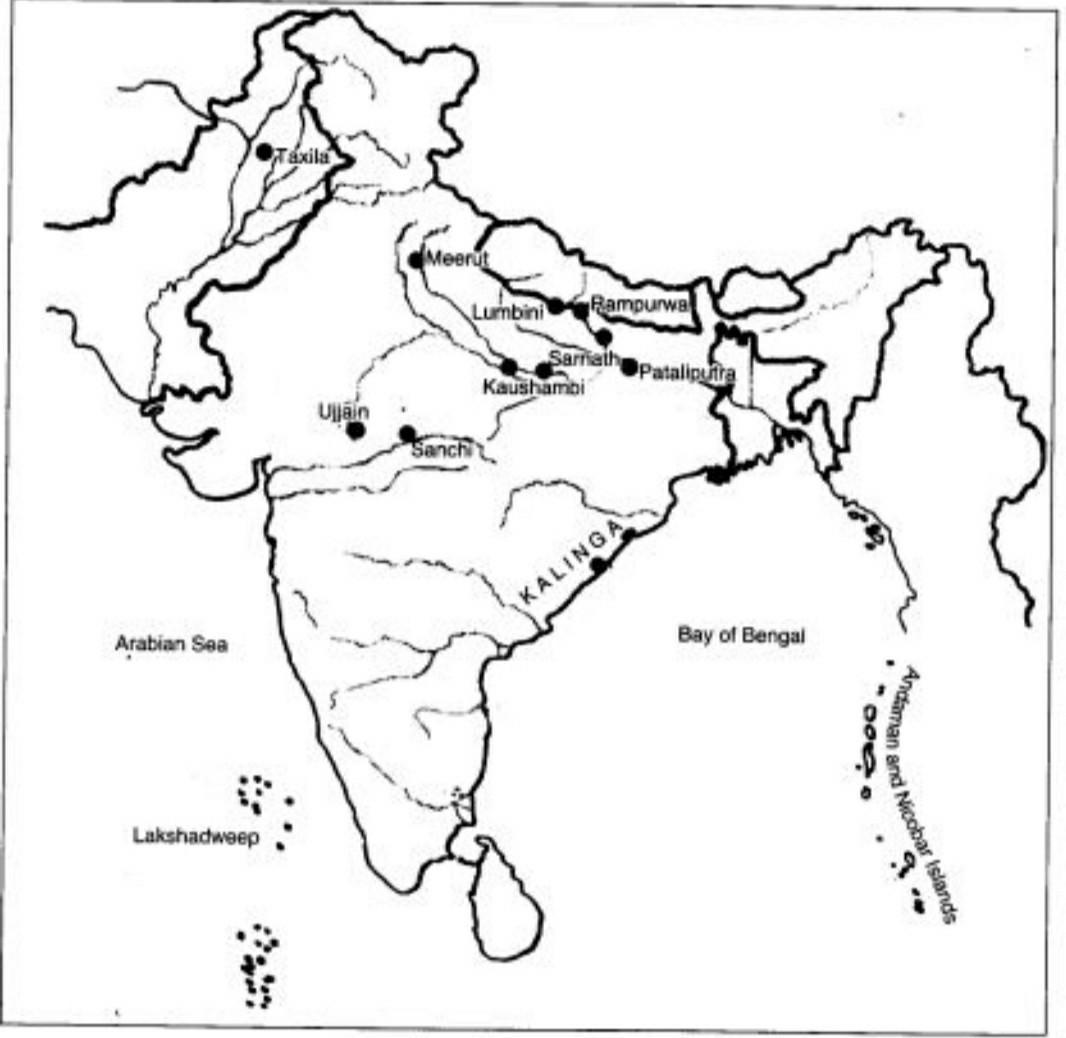importance of limnology(1 full page) it's urgent i will mark you brainliest if your answer will be good
-
Subject:
Environmental Sciences -
Author:
oneill -
Created:
1 year ago
Answers 1
One of the more important goals of limnology is providing guidelines for water management and water pollution control. Limnologists also study ways to protect the wildlife that lives in lakes and rivers as well as the lakes and rivers themselves.
The aims and scope of Limnology are to publish scientific and/or technical papers in limnological sciences, to serve as a platform for information dissemination among scientists and practitioners, to enhance international links, and to contribute to the development of limnology.
Limnology is the study of inland waters - lakes (both freshwater and saline), reservoirs, rivers, streams, wetlands, and groundwater - as ecological systems interacting with their drainage basins and the atmosphere. ... Saline waters (> 0.3% or 3 g per liter) are excluded from this definition.
François-Alphonse ForelFirst coined by the swiss François-Alphonse Forel in his pioneering monograph Le Léman at the end of the 19th century, the term limnology gained rapid acceptance both in Europe and North America. Forel is regarded as the father of the discipline
One of the more important goals of limnology is providing guidelines for water management and water pollution control. Limnologists also study ways to protect the wildlife that lives in lakes and rivers as well as the lakes and rivers themselves. Some limnologists are working on construction of artificial wetlands, which could serve as habitats for a variety of animal and plant species and aid in decreasing water pollution.
hope it helps you:)mark me as brainliest please , if it helps you ♡-
Author:
jennatava
-
Rate an answer:
17


